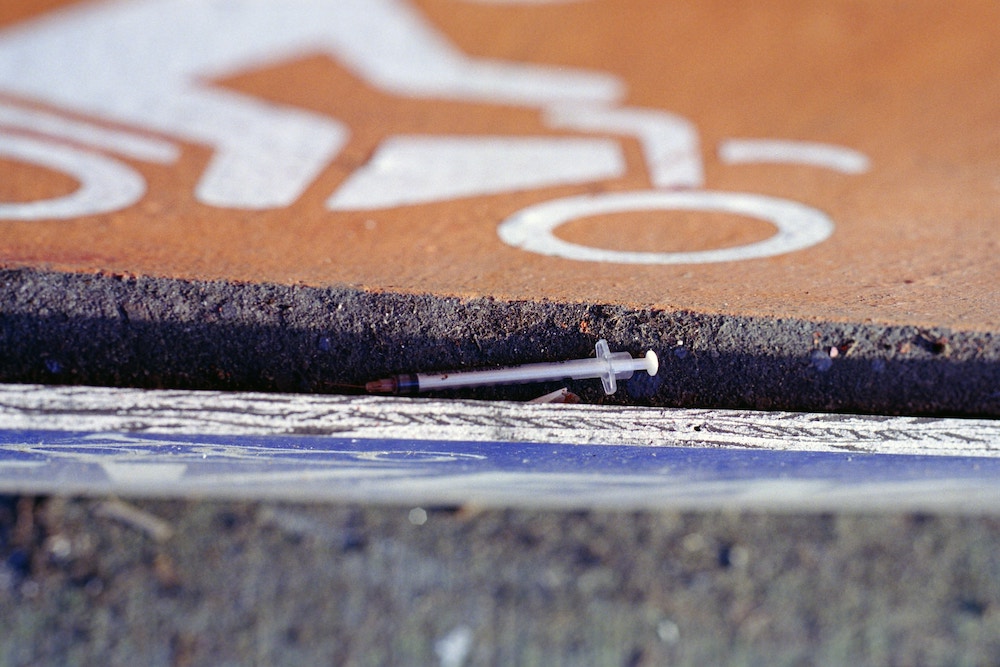
- Details
- By Levi Rickert
Opinion. The Lummi people are the original inhabitants of Washington’s northernmost region where the state meets the southern part of British Columbia, Canada. With views of mountains as backdrops, the Lummi Nation’s 20,000-acre reservation is located near Bellingham, Washington along the northern edge of the Puget Sound.
The Lummi Nation’s homepage reads: “We are fishers, hunters, gatherers, and harvesters of nature's abundance. We envision our homeland as a place where we enjoy an abundant, safe, and healthy life in mind, body, society, environment, space, time and spirituality; where all are encouraged to succeed and none are left behind.”
Unfortunately, in recent years, the Lummi Nation, Washington third-largest tribe, has suffered from loss of life. The deaths were not the result of COVID-19. As a matter of fact, up until the tribe received its first batch of 300 Covid-19 vaccines, there were 133 cases of COVID, with four hospitalizations and no deaths.
The loss of life that is severely hitting the Lummi Nation is from drug overdose. During a two-week period in late September seven tribal citizens died from drug overdose.
On September 25, 2023, Native News Online published an article by our senior health reporter Elyze Wild with a headline that read: “We are in dark time’ | Reeling from Four Overdose Deaths in Four Days, Lummi Nation Calls for Urgent Action.”
The article includes an interview with Evelyn Jefferson, who is part of the tribe’s crisis outreach team. Early in the week, Jefferson was hanging doses of Narcan, the life-saving opioid reversal medication, from trees in homeless encampments near the Lummi reservation.
On Wednesday of that week, there were four overdose deaths. Jefferson was on the scene of the fourth victim, trying furiously to revive him.
It was her son.
He had just been released from jail, where he was on a daily regimen of Suboxone, a highly effective prescription opiate used to treat opioid dependency. Once he was released from jail, he was unable to receive his daily dose of Suboxone. Like many with opioid-use disorder who face the possibility of painful withdrawals, often referred to as "dope sick," he instead bought drugs on the street. The street drugs killed him.
As Jefferson stood over her dead son, paramedics offered to call crisis outreach for her.
"I told them, 'I am crisis outreach. I respond to overdoses like this,'" Jefferson said. "As a crisis outreach person, you wouldn't expect to be trying to save your own child... our community is in such desperation right now."
As the editor of Native News Online, I have come to realize that there are some stories we publish that stick with me longer than others. This story was one of them. The tragic death of Jefferson’s son has stayed with me and I realize Native News Online has to be part of the solution to a very complex crisis that is of epidemic proportions impacting our tribal communities.
Even before the Lummi deaths occurred, Native News Online’s editorial team was developing a plan to cover the drug overdose deaths in Indian Country.
Amid the COVID-19 pandemic in 2020, drug overdose death rates for Native Americans increased by 39 percent, the second-highest rate of increase behind African Americans. This is due to several factors, including geographic isolation, lack of access to healthcare, and historical trauma.
Overdoses from fentanyl, opioids, and other deadly drugs such as “tranq” are leading to loss of life and a decline in the health and well-being of tribal communities. In addition, the epidemic is contributing to the spread of infectious diseases, such as HIV and hepatitis C.
Our people are succumbing to fentanyl overdoses at a rate surpassing any other group in the United States, reflecting a staggering 279% surge between 2016 and 2021.
Tragically, the high rates of drug overdoses impact the well-being of tribal families and communities. Throughout Indian Country, families have been torn apart, jobs lost, and rising homelessness.
Part of Native News Online’s ongoing coverage of this epidemic, Native News Online will host a two-part livestream series called “Reducing Drug Overdose Deaths in Indian Country” on the next two Wednesdays, October 18 & 25, 2023. This important series will be streamed on our Facebook, X (formerly Twitter), and YouTube platforms.
We realize two live streams will not solve the problem of drug overdose deaths in Indian Country, but we know that we must use our journalism and our platform to contribute to the healing of our tribal communities. Consider this a small step in the journey.
Thayék gde nwéndëmen - We are all related.
More Stories Like This
Law Should Not Get in the Way When "Manifest-ing Destiny"Celebrating 35 Years of Gaming Success
My Tribe’s ICE Contract Betrayed Our Values
Extending the Affordable Care Act Is a Moral Imperative for Indian Country
All Is Fair in … War?
Help us defend tribal sovereignty.
At Native News Online, our mission is rooted in telling the stories that strengthen sovereignty and uplift Indigenous voices — not just at year’s end, but every single day.
Because of your generosity last year, we were able to keep our reporters on the ground in tribal communities, at national gatherings and in the halls of Congress — covering the issues that matter most to Indian Country: sovereignty, culture, education, health and economic opportunity.
That support sustained us through a tough year in 2025. Now, as we look to the year ahead, we need your help right now to ensure warrior journalism remains strong — reporting that defends tribal sovereignty, amplifies Native truth, and holds power accountable.
 The stakes couldn't be higher. Your support keeps Native voices heard, Native stories told and Native sovereignty defended.
The stakes couldn't be higher. Your support keeps Native voices heard, Native stories told and Native sovereignty defended.
Stand with Warrior Journalism today.
Levi Rickert (Potawatomi), Editor & Publisher

